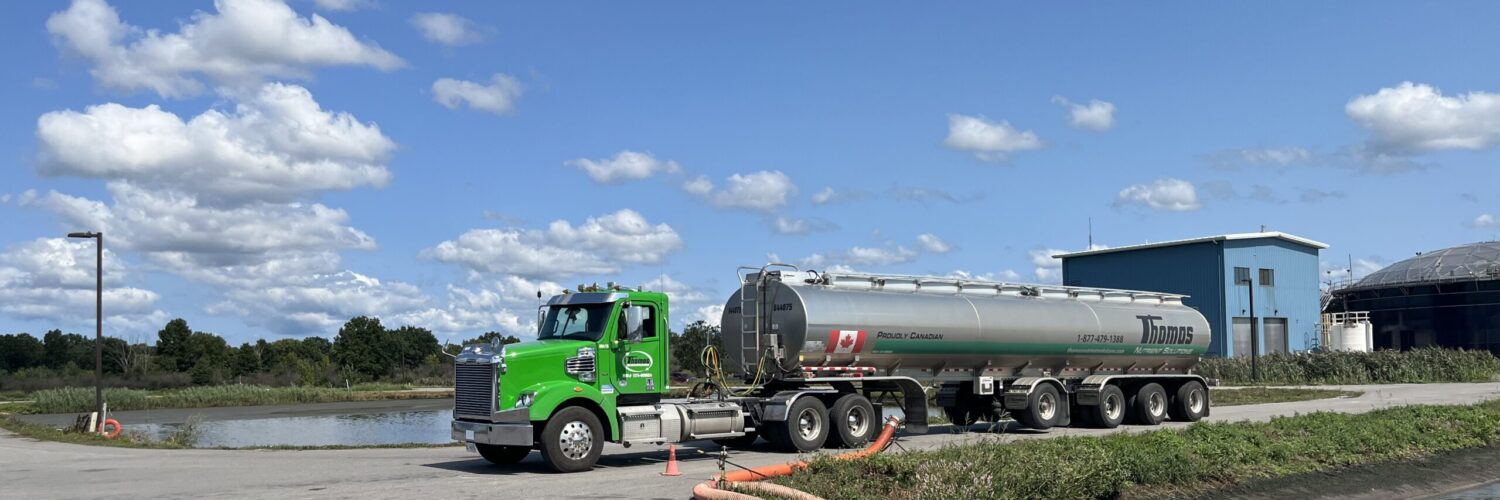Wastewater, when it undergoes appropriate treatment, can be recycled into biosolids as agriculture fertilizer to improve and maintain productive soils and stimulate plant growth. Farmers and gardeners have been using biosolids for ages. The controlled land application of biosolids completes a natural cycle in the environment. In addition, by treating sewage sludge, it prevents organic materials from being wasted and taking up space in a landfill or other disposal facility.
The application of biosolids also reduces the need for chemical fertilizers. As more wastewater plants become capable of producing high quality biosolids, there is an even greater opportunity to make use of this valuable resource.
Here are advantages of using biosolids as agriculture fertilizer:
Nutrients found in biosolids improve crop yield
Biosolids contain abundant nutrients that are beneficial for crops.
Nitrogen
Both organic and inorganic sources of nitrogen can be obtained from biosolids. Of those two, only the inorganic nitrogen is available immediately to crops. The organic nitrogen must be catalyzed into inorganic nitrogen through the process of nitrogen mineralization before it can be applied to crops.
Nitrogen is so important since is a major component of chlorophyll, which facilitates photosynthesis and is vital in producing proteins and genetic material.
Phosphorus
Phosphorus promotes plant development through the storage and transfer of energy produced by photosynthesis for use in growth and reproductive processes. It encourages vigorous root and shoot growth, and promotes early maturity. This leads to increased water usage resulting in increased potential grain yield.
Phosphorus is primary ingredient in either commercial fertilizers or biosolids. About forty percent of the phosphorous released from biosolids occurs during the first year after application while the remainder will slowly be released over time.
Potassium
Potassium controls the opening and closing of stomata, and regulates CO2 uptake. Potassium is also critical in the regulation of water in plants (osmo-regulation).
Biosolids increase water retention
Biosolids increase the soil’s ability to retain water and improves the the drought resistance of vegetation and crops. The organic matter in biosolids binds with soil particles, thereby retaining nutrients and improving water retention qualities. Repeated tillage and harvesting of crops can lead to the reduction of organic matter in the soil so the application of biosolids can restore lost organic matter. Biosolids also help bind soil particles to improve the soil structure, enhancing its resistance to erosion. Organic matter is essential for a healthy soil.
Biosolids can help maintain appropriate soil pH
Maintaining the right soil pH is integral for continued productivity of cropping systems. Biosolids are flexible enough to increase or decrease soil pH, depending on the amount of alkaline materials used in biosolids processing. These alkaline materials (calcium oxide or calcium hydroxide) also reduce odours and can comply with pathogen reduction requirements. These alkaline-stabilized biosolids can therefore be a great replacement for agricultural limestone. It is important to consider the soil pH before applying alkaline-stabilized biosolids because certain crops thrive better in acidic soils, such as blueberries and some nursery crops (rhododendrons and maples).
If you are a municipality in Ontario and in need of a biosolids management solution, please feel free to contact us at 1 (877) 479-1388.
Sources:
https://catalog.extension.oregonstate.edu
https://www3.epa.gov
https://www.biosolids.com.au

